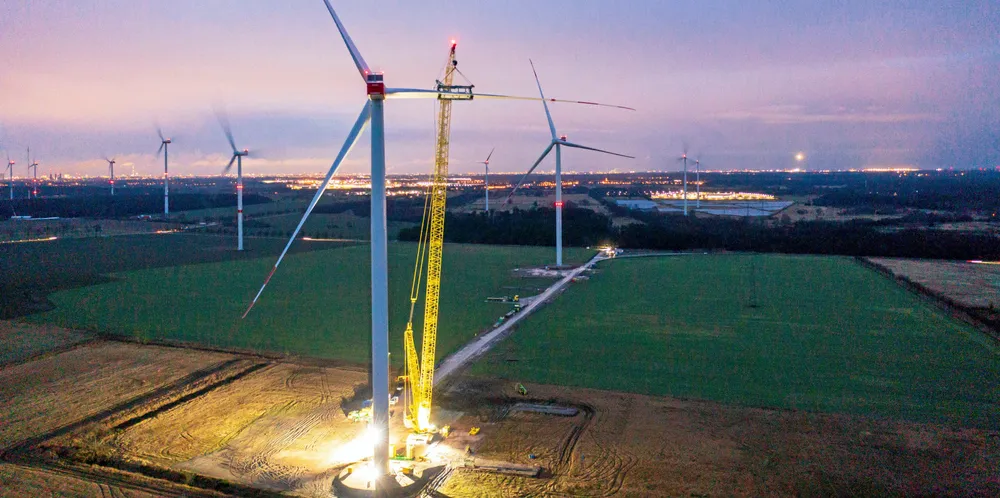German wind sector urges to 'overcome permit bottlenecks' despite rise in onshore additions
Developers install 2.4GW (gross) in 2022 and up to 3.2GW expected in 2023, but more must be done to remove hurdles to wind expansion on land, industry demands
